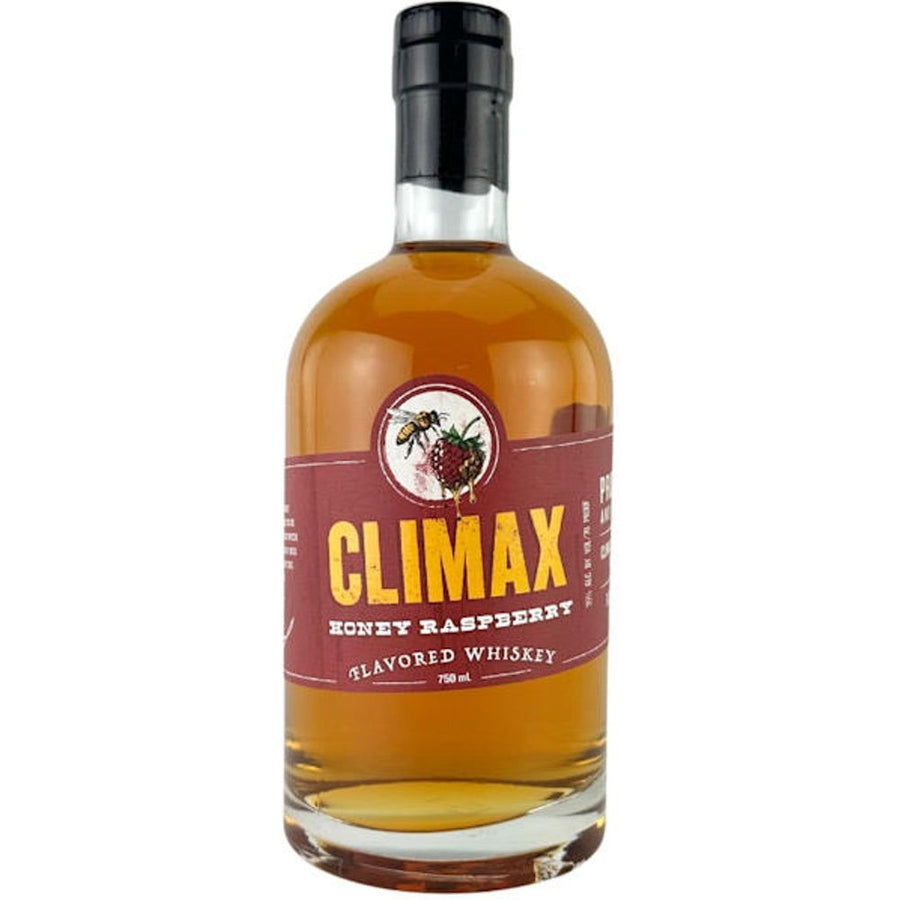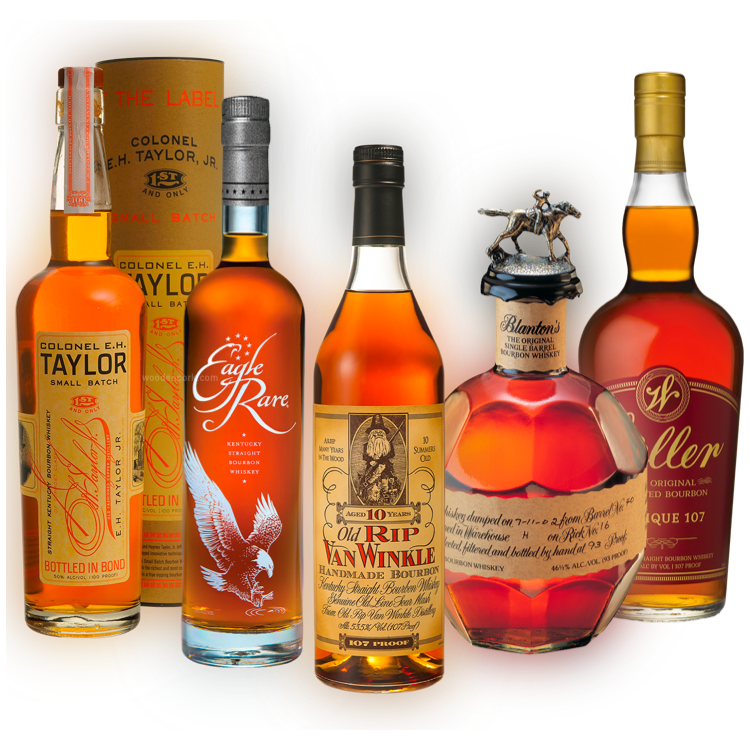Scientists create new category of non-alcoholic ‘spirit’
Neuroscientists have created a new category of non-alcoholic ‘spirit’ designed to mimic the feel-good effects of alcohol.
Gaba Spirits has been developed by Gaba Labs, a pioneering team of scientists led by professor of neuropsychopharmacology David Nutt, which aims to develop beverage ingredients that take consumers ‘beyond ethanol’. The scientists have chosen to specifically target the gamma-aminobutyric acid (GABA) system in the brain, which is known for producing a calming effect. Gaba is thought to play a major role in controlling nerve cell hyperactivity associated with anxiety, stress and fear. Speaking to The Spirits Business, Nutt explains: “You've heard of dopamine, you've heard of serotonin, but there's 100 times more Gaba in the brain than either of those transmitters. And Gaba and glutamate are the two transmitters in the brain that actually make the brain do the work. “Gaba is the fundamental neurotransmitter in the brain, and it turns out that the most of the desired effects of alcohol by [the majority of] people are mediated through Gaba.” Nutt confirms that the relaxing and anxiety-relieving effects often felt through alcohol consumption are down to Gaba, however its propensity to moreishness and addiction, in addition to other negative effects such as memory loss and hangovers, make it a substance that should be consumed in moderation. “Alcohol is very promiscuous,” Nutt continues. “It interacts with probably more than 20 of the neurotransmitters in the brain. So what we have done is we have targeted just the Gaba system, and we've done that for the two reasons.” The first, Nutt says, is that it is the ‘what’ in what consumers desire when consuming alcohol. “Gaba gives the effect of alcohol desired by most people,” he adds. In addition, it avoids the effects that most people don't want. “What we're trying to do is give people that want to have a ‘normal’ effect of alcohol that same effect, but with way less risk.” Gaba 'spirits' To achieve this, Nutt and his team have developed a synthetic alternative to alcohol, known as Alcarelle, which is 'a single molecule'. This ingredient will go into food safety testing once the company has raised funds to do so. If it passes, Alcarelle will be sold to beverage companies in order for them to add it to their drinks and allow consumers to experience the benefits of alcohol without ethanol. In addition, the company launched Sentia in 2021, a non-alcoholic botanical ‘spirit’ made with herbs known to work on the Gaba system. “We currently have Sentia Red, and we're developing Sentia Black now." says Nutt. "Gaba chosen herbs which we know through literature produce substances which work on the Gaba system, and then together with our botanical alchemist and plant craft specialist, Vanessa Jacoby, we’ve added in a range of other herbs to give it flavour. "In addition, we have also added herbs that do some quite clever things, like facilitate the uptake of the ingredients which target the Gaba system, so that they get into the stomach better and into the brain faster.” Sentia is said to produce an effect similar to the one achieved by consuming a small glass of wine or half a pint of beer. The liquid is viscous and rounded on the palate, with complex notes of spiced berries. The 'spirit' is recommended served neat or over ice, or paired with a mixer, such as Fever Tree Elderflower Tonic. “It also makes super cocktails,” claims Nutt. “It makes a very good Negroni, which is hardly distinguishable from one that has alcohol, frankly.” Though Sentia doesn’t give the same negative effects associated with alcohol, it is recommended that no more than 200ml of the liquid is consumed per day. Nutt clarifies: “All of the herbs used have been food approved, but they're approved up to a certain level. If you stick to the 200 mils, you will be within that recommendation.” Sentia Red is available to purchase via www.sentiaspirits.com for £29.50 (US$35.50) per 500ml bottle. Last year, the alcohol-adjacent market, which includes nootropics and functional drinks, was valued at US$98 million in the US. The category is expected to grow in volume by 12% annually from 2021 to 2025.



